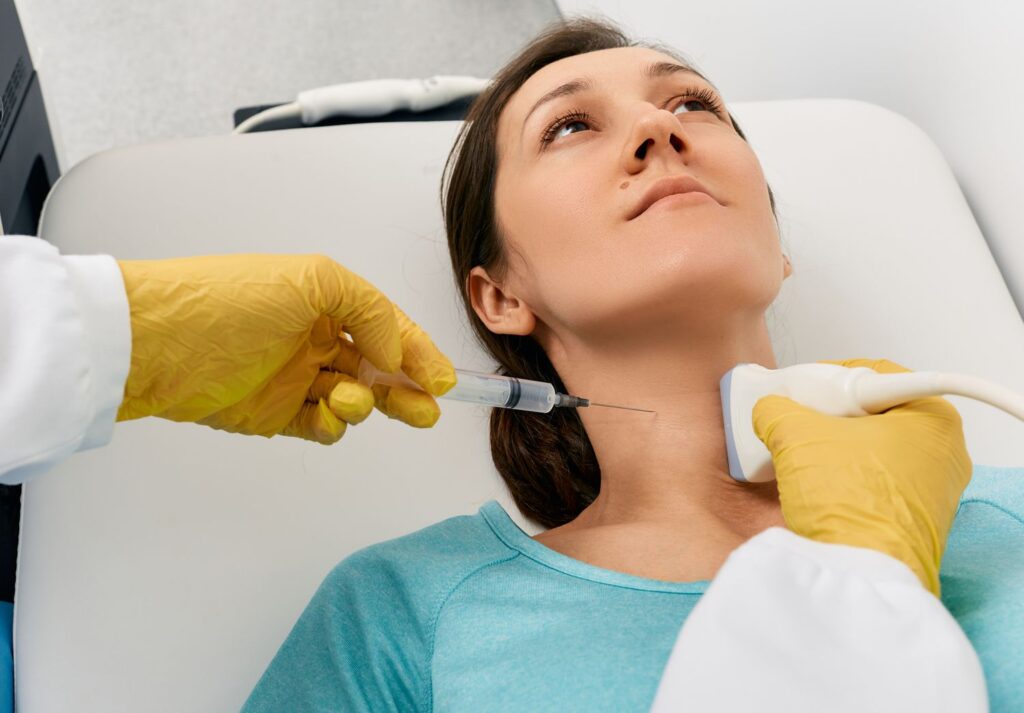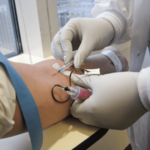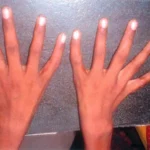Diagnostic test for thyroid dysfunction includes a range of conditions affecting the thyroid gland’s ability to regulate metabolism, energy production, and overall bodily functions. Early and accurate diagnosis is crucial for effective treatment. Various diagnostic tests help evaluate thyroid function and detect conditions such as hypothyroidism, hyperthyroidism, thyroid nodules, and autoimmune disorders.

Blood Tests for Thyroid Function
Thyroid-Stimulating Hormone (TSH) Test
TSH is produced by the pituitary gland and regulates thyroid hormone production. It is the most sensitive test for detecting thyroid dysfunction.
- High TSH levels: Indicate hypothyroidism, as the body attempts to stimulate an underactive thyroid.
- Low TSH levels: Suggest hyperthyroidism, as excess thyroid hormones suppress TSH production.
Free Thyroxine (Free T4) Test
This test measures the unbound, biologically active form of thyroxine (T4), which is crucial for metabolism regulation.
- Low free T4: Suggests hypothyroidism.
- High free T4: Indicates hyperthyroidism.
Free Triiodothyronine (Free T3) Test
Triiodothyronine (T3) is the more potent thyroid hormone. Free T3 measurement is useful in hyperthyroidism diagnosis, particularly in T3 toxicosis, where T3 levels are elevated despite normal T4 levels.
Thyroid Antibody Tests
These tests help diagnose autoimmune thyroid disorders, where the immune system mistakenly attacks the thyroid gland.
- Thyroid Peroxidase Antibodies (TPOAb) – Elevated in Hashimoto’s thyroiditis and Graves’ disease.
- Thyroglobulin Antibodies (TgAb) – Associated with autoimmune thyroid diseases.
- TSH Receptor Antibodies (TRAb) – Commonly present in Graves’ disease.
Imaging Studies
Thyroid Ultrasound
Ultrasound is a non-invasive imaging test that helps evaluate the structure of the thyroid gland. It is particularly useful for:
- Detecting thyroid nodules (solid or cystic formations).
- Assessing thyroid enlargement (goiter).
- Differentiating benign vs. malignant nodules based on characteristics like irregular borders or microcalcifications.
Radioactive Iodine Uptake (RAIU) and Thyroid Scan
This nuclear medicine test evaluates how the thyroid absorbs iodine, which is essential for hormone production.
- Increased iodine uptake: Indicates hyperthyroidism, commonly seen in Graves’ disease.
- Decreased iodine uptake: Suggests hypothyroidism or thyroiditis.
Fine-Needle Aspiration Biopsy (FNAB)
FNAB is a minimally invasive procedure used to assess thyroid nodules for malignancy. A thin needle extracts cells from a nodule, which are then examined under a microscope. It is the gold standard for distinguishing benign from cancerous nodules.
Thyroid Function Testing in Special Populations
Pregnant Women
Pregnancy affects thyroid hormone levels, making TSH and free T4 monitoring essential. Untreated thyroid dysfunction during pregnancy can lead to complications like preterm birth, preeclampsia, and developmental issues in the fetus.
Routine Screening
Routine screening for thyroid disorders is not universally recommended but may be necessary for individuals with:
- A family history of thyroid disease.
- Autoimmune conditions, such as type 1 diabetes.
- A history of radiation exposure to the neck or upper chest.

